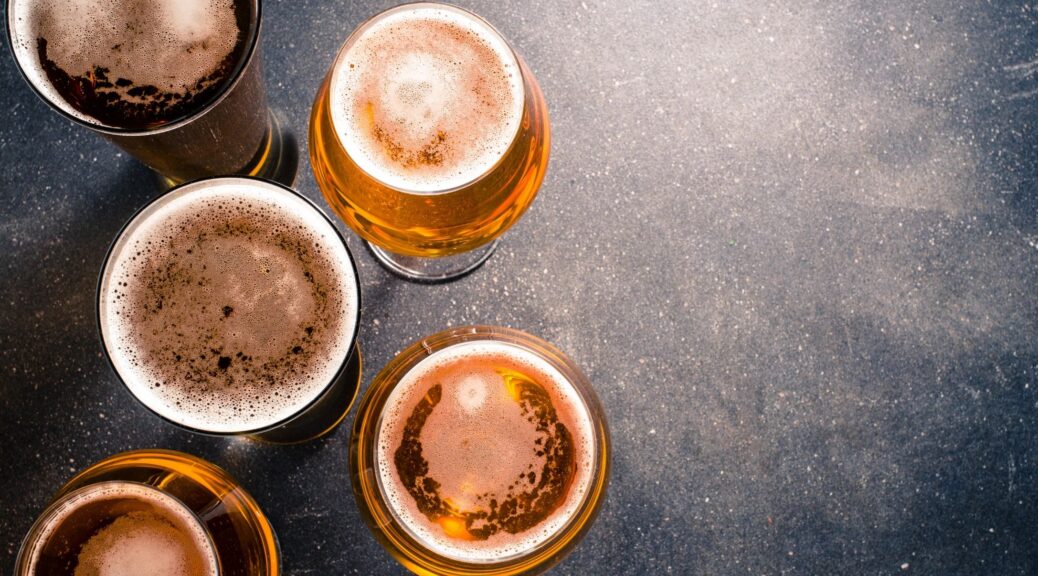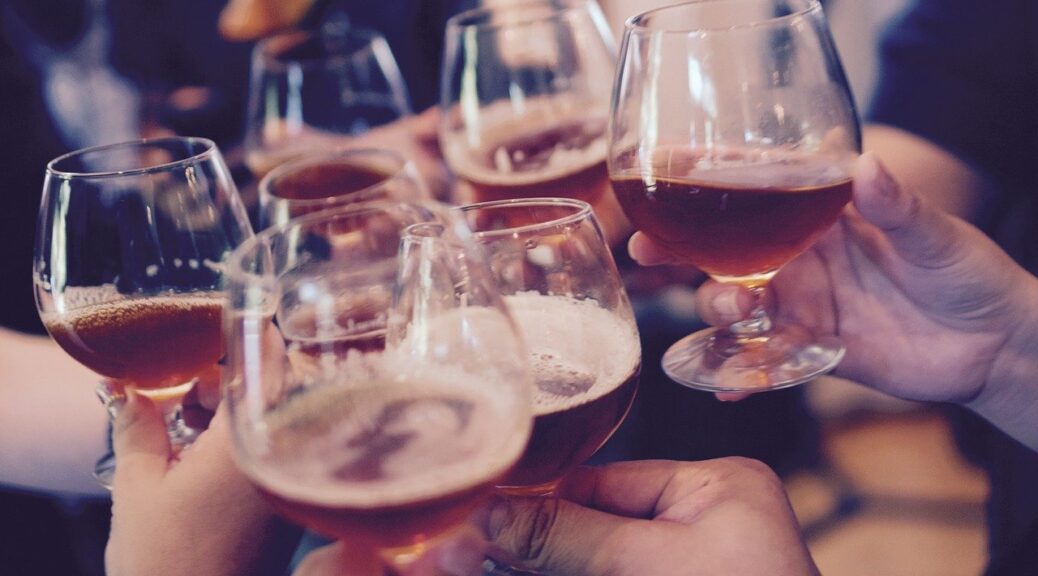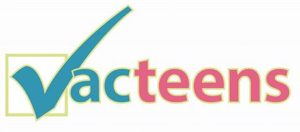Professional Development to Improve Responsible Beverage Service Training
Research collaborators from Klein Buendel and the Prevention Research Center at the Pacific Institute for Research and Evaluation (PIRE) have published formative research results and a protocol for a randomized controlled trial in JMIR Research Protocols.
The full trial will be evaluating an addition to a responsible beverage service (RBS) training because improved interventions are needed to reduce the rate of driving while intoxicated. RBS training has reduced service to intoxicated patrons in licensed premises in several studies. Its efficacy might be improved by increasing the proper application and continued use of RBS with a professional development program in the 3 to 5 years between the required RBS retraining.
The formative research published in JMIR Research Protocols reports on the addition of a professional development component to an existing RBS training to improve the effectiveness of the web-based training alone. Semi-structured interviews with owners and managers of licensed establishments and focus groups and a survey with alcohol servers in New Mexico and Washington State were conducted to examine support for RBS and the need, feasibility, acceptability, and potential effectiveness of ongoing professional development. A prototype of a professional development component, WayToServe Plus, was produced and delivered in social media posts on advanced RBS skills, support from experienced servers, professionalism, and basic management training. The prototype included 50 social media posts. The prototype was evaluated in a usability survey and a field pilot study with alcohol servers in California, New Mexico, and Washington.
Although owners and managers and alcohol servers were favorable toward RBS, they endorsed the need for ongoing support for RBS for servers and identified topics of interest. Servers felt that the professional development component was highly usable and appropriate for themselves and the premises in the usability survey (n=20) and field pilot test (n=110), with 85% and 78%, respectively, saying they would use it. Servers receiving the professional development component had higher self-efficacy and response efficacy for RBS compared with untreated controls.
The article also includes a protocol for a planned randomized controlled trial. This phase of the project will include full production of the professional development component. It will be delivered in Facebook private groups over 12 months and evaluated with a sample of licensed premises (bars and restaurants) in California, New Mexico, and Washington (n=180) in a 2-group randomized field trial (WayToServe training only compared to WayToServe training and WayToServe Plus). Licensed establishments will be assessed for refusal of sales to apparently intoxicated pseudo-patrons at baseline and 12 months after the intervention commences.
Owners, managers, and servers believed that an ongoing professional development component on RBS would benefit servers and licensed premises. Servers were interested in using such a program, a large majority engaged with a prototype, and servers receiving the prototype improved on theoretic mediators of RBS. The authors believe that the professional development component may improve RBS training and save lives.
This research was supported by a grant to Klein Buendel from the National Institute on Alcohol Abuse and Alcoholism (AA029364; W. Gill Woodall and David Buller, Multiple Principal Investigators). Collaborating authors on the paper include Dr. Robert Saltz from the PIRE Prevention Research Center in Berkley, California, and Ms. Lila Martinez from Klein Buendel.










 Robert Saltz, Ph.D. is a Senior Research Scientist at the Pacific Institute for Research and Evaluation (PIRE) in Berkeley, California.
Robert Saltz, Ph.D. is a Senior Research Scientist at the Pacific Institute for Research and Evaluation (PIRE) in Berkeley, California.